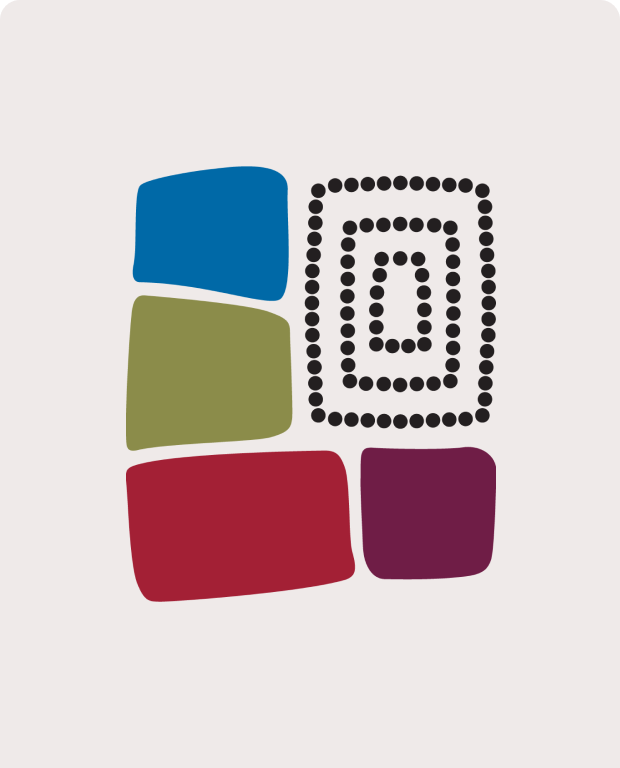Indigenous early childhood family support programs that work: Family Wellbeing

A Family Wellbeing case study: Sustainable implementation of Indigenous early childhood family support programs that work
An important way for improving Indigenous early childhood health is to make sure that family support programs that have been shown to work are widely available. Yet little research attention has been given to how this can be done. The aim of this project is to define and develop funding models and mechanisms that can support Family Wellbeing (FWB) empowerment program integration and implementation within early childhood family support programs. Additionally, the project will assess costs and benefits for Indigenous families and children as a result of sustainable place-based implementation of the FWB empowerment program targeting parents, youth, family support, child safety and child and maternal health workers.
The family-centred approach of the FWB program attends to the broader social and emotional wellbeing needs of the family, which is critically important for the healthy development of children. This project will ‘Integrate’ FWB into early childhood services at different levels: workforce development for early childhood workers, parenting and/or family support programs to parents and family groups; and delivery to youth, particularly as prospective parents, and adults to enhance broader community capability to create supportive environment for children to thrive. A whole of community approach is a defining feature of the project, which will bring together Indigenous early childhood family support service providers, policymakers and researchers through collaborative partnerships.
The project’s mixed methods study is designed to systematically capture and assess how contextual factors impact on both the process of integrating FWB using the whole of community approach as well as the outcomes from the FWB implementation process. The overarching approach to the project is the adoption of Participatory Action Research (PAR) (Tsey et al 2007; Bainbridge et al 2012), combined with Continuous Quality Improvement (CQI) frameworks based on ‘plan-do-study/reflect-act’ cycles (Si D, Bailie R, Connors C, Dowden M, et al. 2005.; Berwick D. 1989). As an iterative approach, PAR is consistent with the cyclical processes of sampling, data collection and analysis of CQI. The underlying principle is that participants in the research generate relevant knowledge in order to address the issues that are of priority concern to them. PAR and CQI approaches are well suited to encompassing the particular ethics of care and responsibility that are requisite in Indigenous research methodologies (Bainbridge et al 2012).
The project conceptualisation, design, implementation and knowledge sharing are also premised on strong Aboriginal and Torres Islander leadership in collaboration with non-Indigenous team members. Examples include: Indigenous-led and majority Governance Committee, senior Indigenous FWB researcher (Professor Yvonne Cadet-James) as lead investigator, several senior Indigenous researchers included in the research team, as well as Indigenous program managers and coordinators from the participating services and programs.
Aboriginal and Torres Strait Islander people will participate in all aspects of the project including:
- Leadership as described above
- Employed as coordinator
- Employed as qualitative researcher
- Facilitate the FWB program to early childhood workers, families and communities
- Co-publish and co-present papers at local, national and international forums.
The likely benefits in health and wellbeing gains of conducting this project include:
- Improved social and emotional wellbeing for Indigenous early childhood development workers;
- Improved social and emotional wellbeing for Indigenous families and community groups participating in the project;
- Improved professional, family and community relationships for participating agencies and communities;
- Healthier and nurturing environments for children;
- Longer term improvements in children’s health and wellbeing including school attendance and participation.
Evidence-informed sustainable funding models and mechanisms to better support integration and upscaling of proven early childhood development programs.
Update September 2017: A significant outcome of the project to date has been the establishment of the National Centre for Family Wellbeing: a Community of Practice for Wellbeing through Empowerment which has provided a more structured approach to key stakeholder collaboration and partnerships and ensuring sustainable outcomes for the future.

